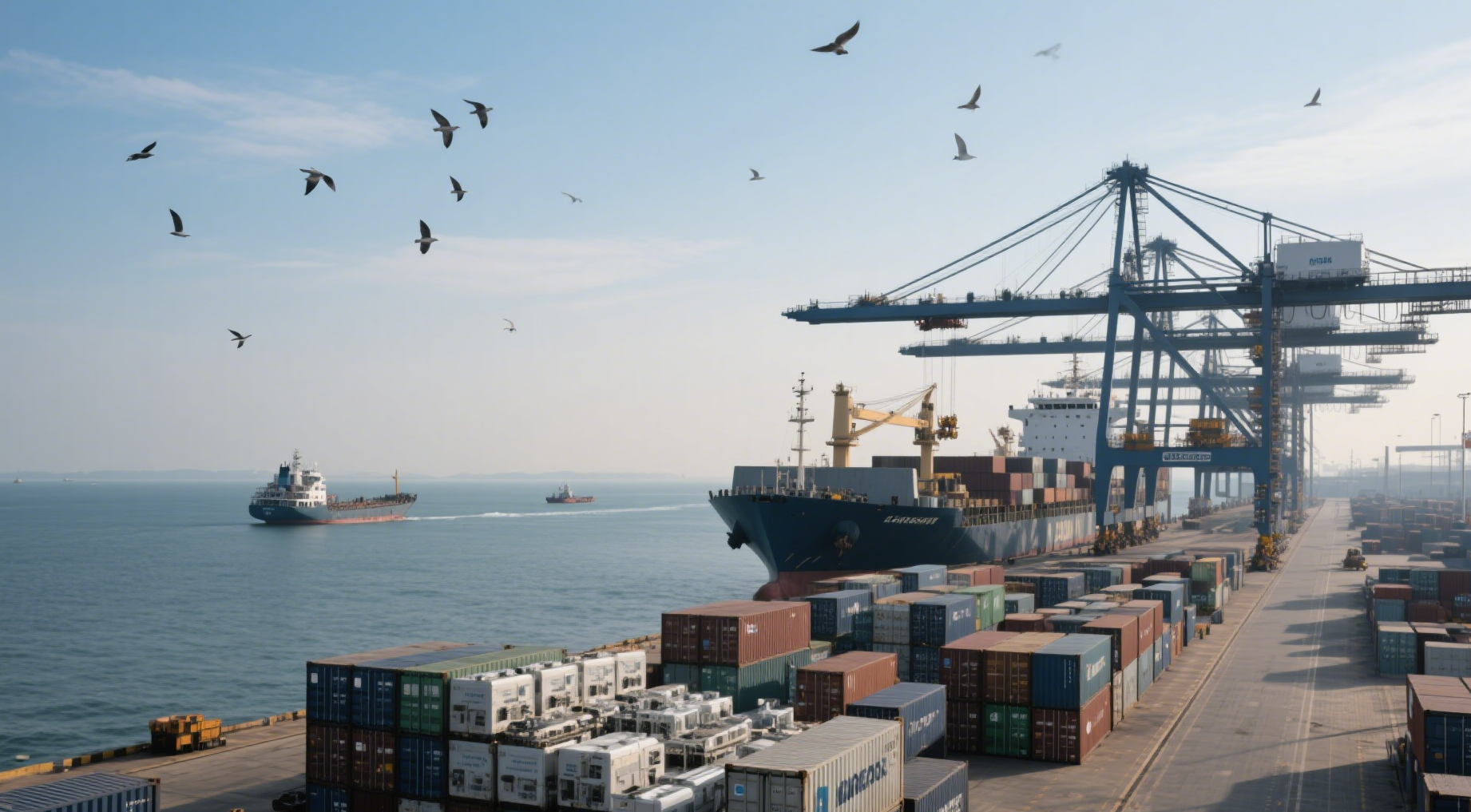Mechanism Guarantee: Long-term Consultation to Prevent Conflict Escalation
Both sides agreed to establish a normalized consultation mechanism and conduct dialogues regularly in China, the United States, or a third country. A spokesperson of the Ministry of Commerce pointed out that this mechanism aims to "resolve differences in a timely manner and avoid unilateral actions." In addition, China will suspend the non-tariff countermeasures against the US that were implemented since April 2, including technical trade barriers. The tariff adjustment has secured a "buffer period" for the industry, but long-term competitiveness still depends on technological breakthroughs. According to data from the Ministry of Commerce, in 2024, China's import of precision instruments from the US amounted to 90.982 billion yuan, with a domestic production rate of only 1.5%, leaving huge room for substitution. The 90-day tariff suspension period (until August 10) has secured adjustment time for the industry. If the two sides fail to reach a new agreement, the tariff rate may be adjusted back to 34%, and enterprises need to complete supply chain optimization or technical reserve during this period. Despite the alleviation of short-term cost pressure, China still has a high dependence on imports of high-end instruments from the US, and the US also has a high dependence on China's rare earths and precision components. Under the impetus of policies, Chinese manufacturers need to strike a balance between cost and security.
 Industry News
Industry News "Tariff Deadline" in Countdown: Trump Opts for Direct Notifications, Axes Meeting Requires
"Tariff Deadline" in Countdown: Trump Opts for Direct Notifications, Axes Meeting Requires
 Current Affairs
Current Affairs

